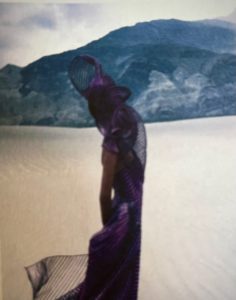Summer advances.
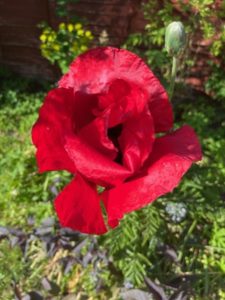
Seemingly as fast as this poppy loses its petals, we are into the second part of the year. I get up at take a photo through my window at the midsummer point:
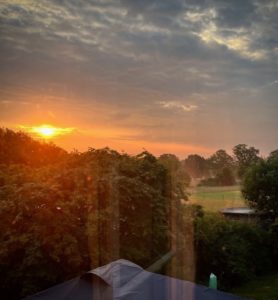
But, summer is good in England and there are lots to do!!
I take a trip to Arundel to see one who I think is probably the best contemporary singer-song-writer in the UK, M G Boulter:
https://www.youtube.com/watch?v=JgmaWzWCW_o
Fascinatingly, for me, he takes his hometown in Southend as a theme for ‘Clifftown’, the title of his last CD: songs of English seaside places out of season.

The gig is scheduled for the Victoria Institute. I make off early only to arrive in a building with all the characteristics of the Marie Celeste! Not a soul in sight. One advantage is that Matt arrives around the same time and we strike up an instant connection.
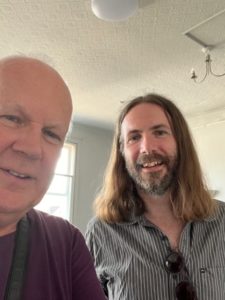
Great show with beautiful songs – I recommend. We resolve to meet up again to continue the conversation.
Contemporary art in Salisbury Cathedral. Churches and Cathedrals have a habit these days of doing summer exhibitions: I love it. This one on the Theme of Freedom in a place with a copy of the Magna Carta.

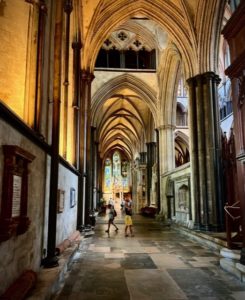
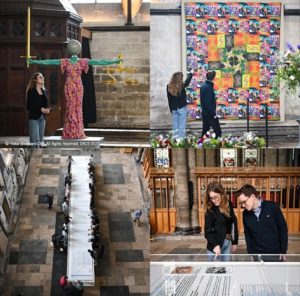
Musica en Moviemiento kicked off its latest AAD: Assimilation and Application. 36 names on the list and an excellent Inaugural:
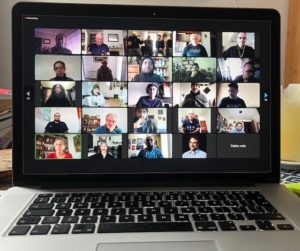
These are a sample of the guys suffering for their work!!!
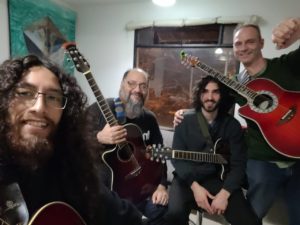
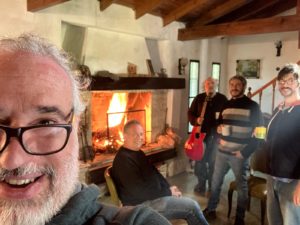
My Brief Introduction to Guitar Craft for Pomera Press – just 23-signed copies – sold out. Although it is available as an E-book:
https://www.pomera.co.uk/product/guitar-craft/
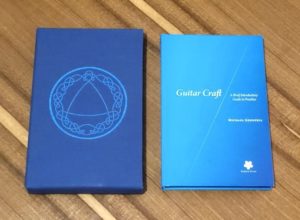
Amazingly – to me – a Spanish copy has also been produced: thanks to Pablo Mandel and Pablo Ferraioli:
https://www.pomera.co.uk/product/guitar-craft-breve-introduccion-a-la-practica/
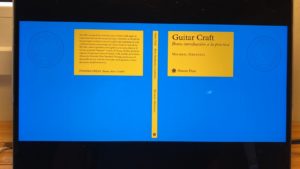
20 copies of this also sold out although an E-nook is available.
I have been preparing a text for Pomera on Blake and Gnosticism.
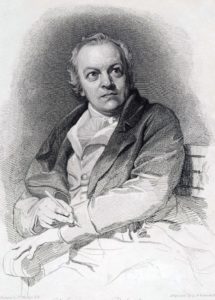
It looks to unpack and explore such images as:
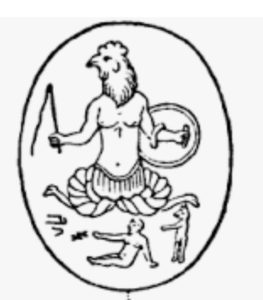

Some relevant images from Blake by association:
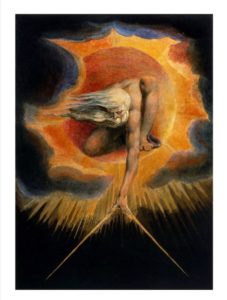
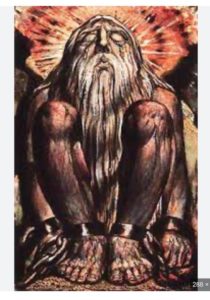
By coincidence, I also find an old edition of Blake’s Songs of Innocence and Experience
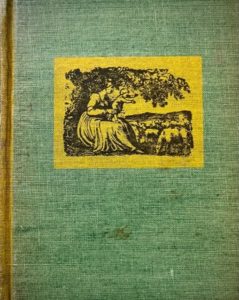
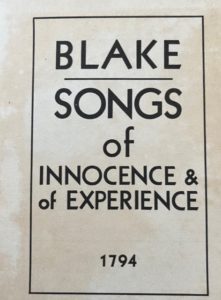
Off to London – for the first time since the pandemic!!!!

I take in the concert by Peter Gabriel. Of course, a great visual show but less ‘circus’ than the past. A few favourites but 11 new songs from the i/o album he has been releasing song by song at the time of each Full Moon this year. The first new songs for some 20 years (barring an occasional commission). Peter is in introspective mood and a contemporary artist highlighted each piece. The themes covered many of the pressing issues of the conjuncture.

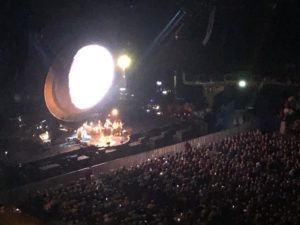
But, in this day of mass communication, you can hear the concert yourself – in its entirety:
https://www.youtube.com/watch?v=QNsfDVHKhAE
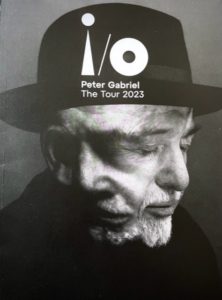
Onto the Globe – a full size reproduction of Shakespeare’s theatre on the South Bank in London – for a production of Comedy of Errors. Light and funny maybe, but some research showed the text was not just about mistaken identity and romance, but actually commerce: the point in time when everything became commodified/ capitalized. This implied and entire different relationship between objects and the subject – honour and time. From now on, everything would have monetary value – even cultural capital – a calculating ethos of surplus value. Basically, something for nothing. No wonder we are in a mess.
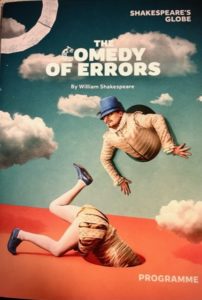
Then, off to the Tate to see the exhibition on Hilma af Klimt: a fascinating ‘spiritual’ painter from the end of C19 and beginning of C20. Actually, I have seen her work before but it is no less bewildering this time – and clearly had a definite vernacular for her. She was part of a female, spiritualist group I was looking to research: including Georgiana Houghton, Klimt, Ithell Colquhoun, Leonora Carrington – and perhaps Dorothea Tanning. That project is in the ‘to do’ drawer.
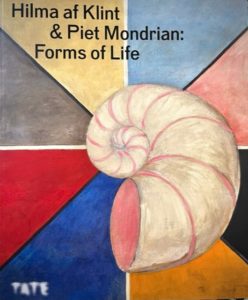
The curator mixed the expo with Piet Mondrian: not terribly successfully in my view!!


I have been reading Bourdieu on Democracy: a topic often quoted – ‘the will of the people’ etc. – but seldom understood.
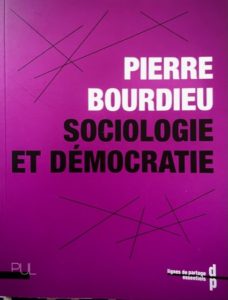
I have also been advancing my Enneagram knowledge with the latest from Anthony Hodgson:
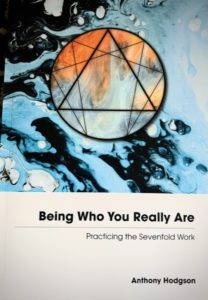
Two books of Journals from the English author John Fowles (1926-2005). He was a very successful writer in the 1960, with a series of best sellers. Probably, his most enigmatic book was The Magus. However, The French Lieutenant’s Woman is by far his best. Here, it sets a contemporary existential story in Victorians times: how social impulses and personal decisions are intertwined. He does this through a series of literary devices, like having different endings, to show the consequences of decision and how, on occasion, a whole new world rests of it.
https://en.wikipedia.org/wiki/John_Fowles
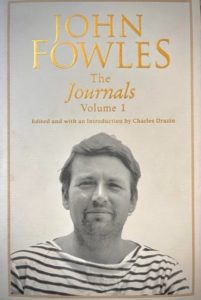
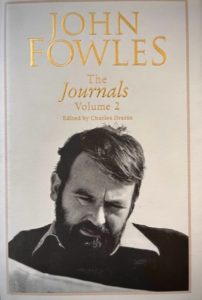
In the Journals – kind of Confessions – Fowles comes over as depressive and techy, although he was a warmer man personally than is often portrayed here. His Journals also give a fair account both of the history of the times and the literary generation of this post-war epoch.
For summer listening I have been listening to Andy Fairweather Low. Those who only know him for this….
https://www.youtube.com/watch?v=foTwWg1CyWU
….are in for a treat (excellent pop from the 60s though this was). And, his later work is a fine crafted mixture of jazz, blues, skiffle, etc.

https://www.youtube.com/watch?v=JGddmAjDPxY&list=OLAK5uy_nUKP-zzEd8vga8teAWOvRjxmggb0yW29I&index=2
The summer:
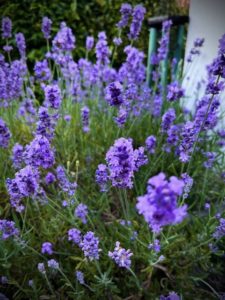

Metanoia still haunts this year:
http://www.michaelgrenfell.co.uk/bourdieus-metanoia-book-genesis/
‘In Classical Greek, metanoia meant changing one’s mind about something or Someone. When personified, Metanoia was depicted as a shadowy goddess, cloaked and sorrowful, who accompanied Kairos, the god of Opportunity, sowing regret and inspiring repentance for the ‘missed moment’. This conventional portrayal continued through the Renaissance. The elements of repentance, regret, reflection and transformation are always present in the concept of metanoia to some degree…’’
